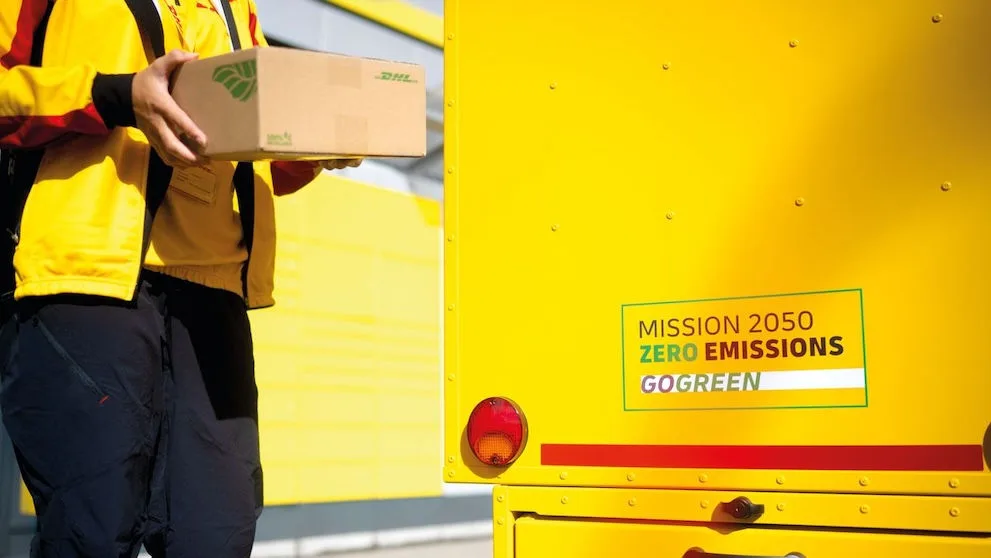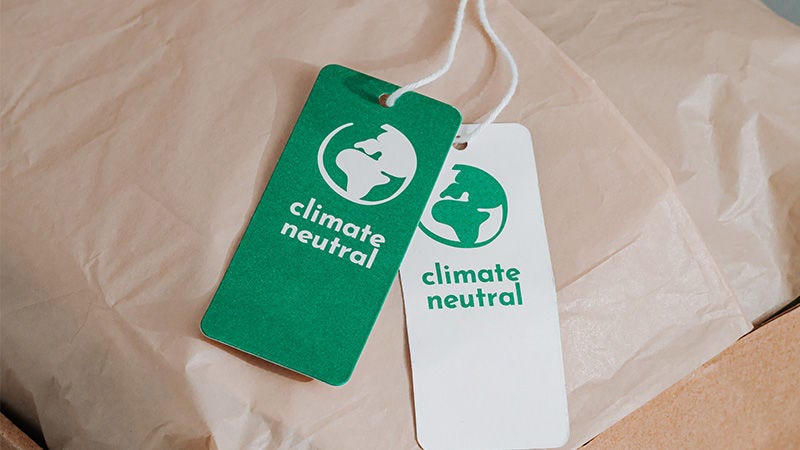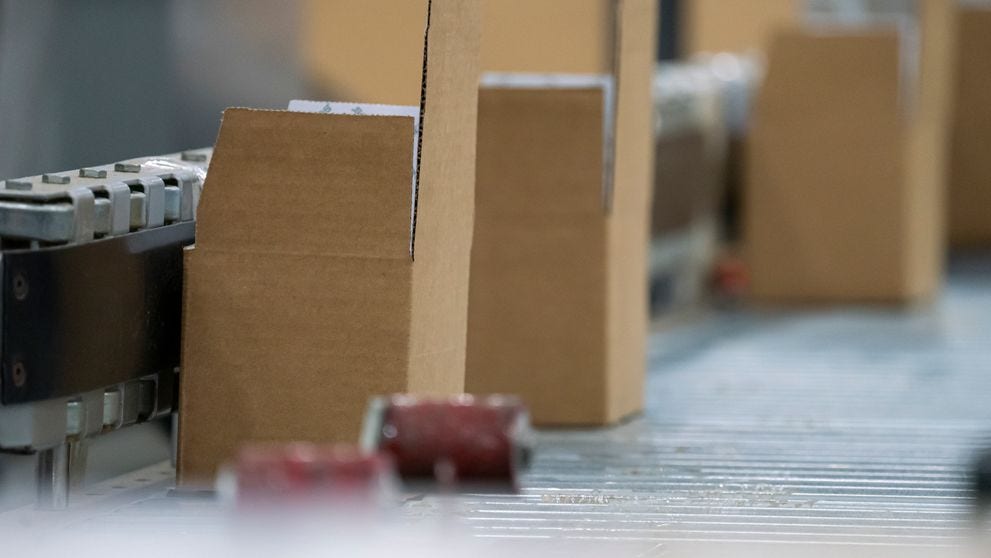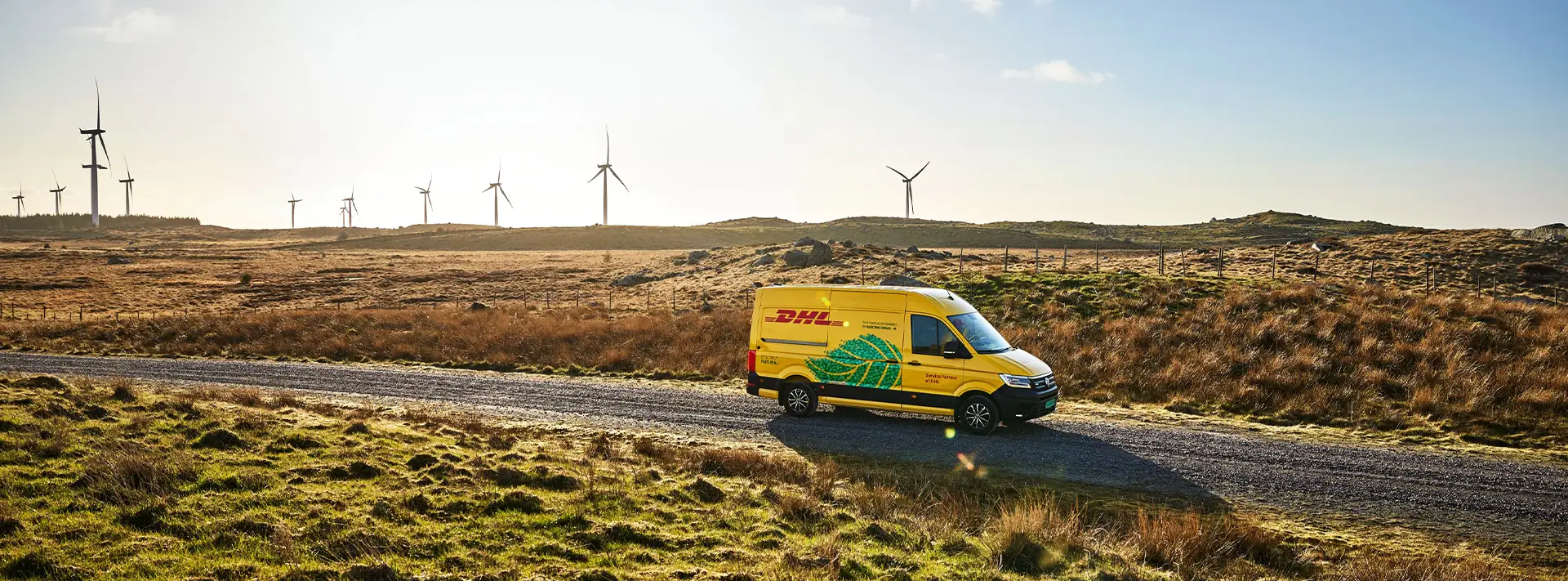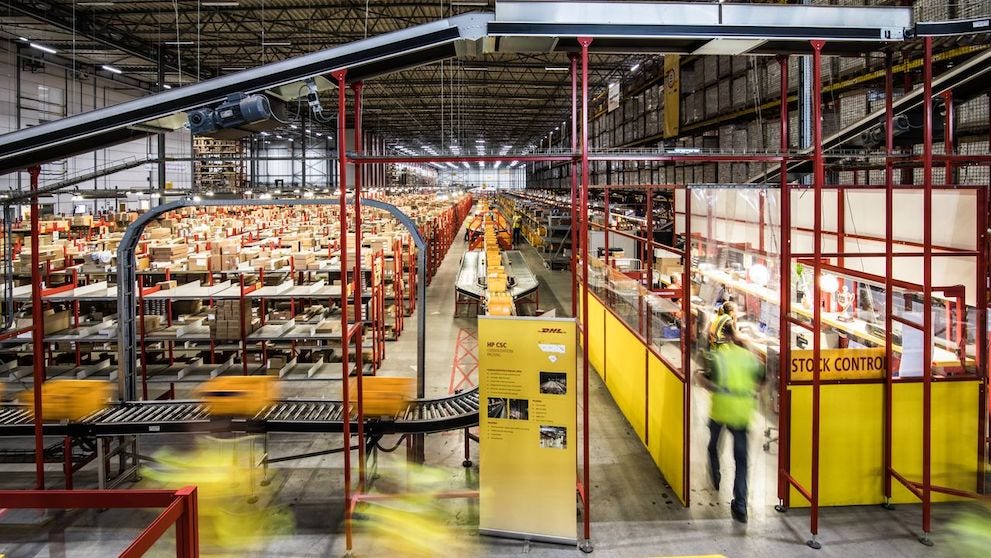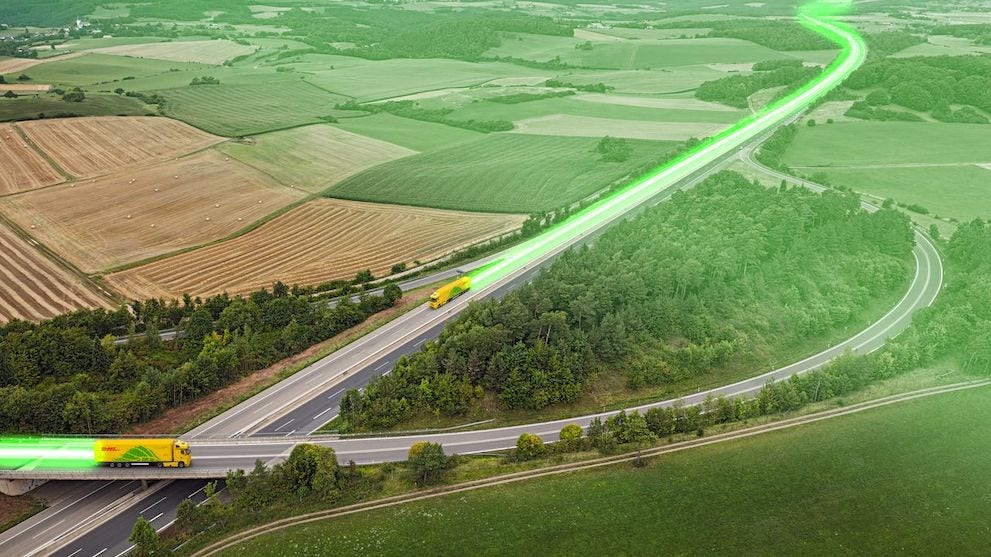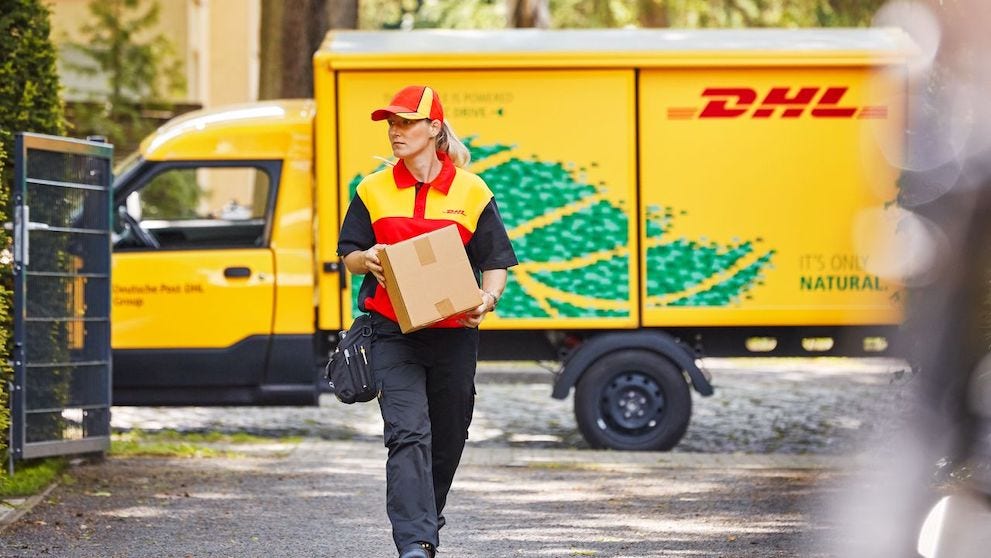
In recent years, sustainability has become an increasingly important issue for businesses and individuals alike. As we become more aware of the impact our actions have on the environment, there is a growing need to find ways to operate in a more sustainable way.
But why?
The relevance of sustainability in today’s world
There are a number of reasons as to why sustainability is still relevant and important. With the world’s population continuing on an upward trajectory, this means that there is an ever-increasing demand for resources. This growth is not sustainable in the long term, and so it is necessary to find ways to use resources more efficiently.
In addition, climate change is still a major problem that needs to be addressed. While there has been some progress made in reducing greenhouse gas emissions, the world is collectively still not on track to meet the goals set by the 2015 Paris Agreement. This means that we will need to find ways to reduce our emissions even further if we want to avoid the most catastrophic effects of climate change.
Also, environmental degradation is still a major issue in many parts of the world. This includes issues such as deforestation, water scarcity, and air pollution. All of these problems have a negative impact on the environment and human health, and so it is essential that we find ways to address their development and sustainability.
Indeed, there are a number of challenges that need to be addressed, but there are also opportunities for businesses to lead the way in finding solutions.
What are the hot topics in sustainability?
Looking ahead to 2023 and beyond, there are several movements that are likely to continue to shape the sustainability landscape. First, there will be an increase in focus on circular economy principles. This means moving away from a linear model of production and consumption, where resources are extracted, used, and then discarded. Instead, businesses will look for ways to keep products and materials in use for longer, and to recycle them when they reach the end of their life.
Second, there will be a growing awareness of the need to address social sustainability issues. This includes things like fair working conditions, human rights, and diversity. Businesses will need to consider these issues when making decisions about where to source goods and services, and how to treat their employees.
Finally, there will be an increasing focus on sustainability reporting. This is the practice of disclosing information about a company's environmental and social performance. Many investors are now interested in this kind of information, as it can give them insights into a company's long-term prospects.
Extending on the three points above, we discuss five key sustainability trends we can expect in 2023 and beyond.
1. Renewable energy is becoming more affordable and accessible
In an article released by Forbes, the cost of renewable energy has dropped significantly over the year, and this trend is expected to continue as the technology improves and becomes more widespread. As a result, renewable energy is expected to make up a larger percentage of global energy in the coming years. It is the best solution for creating an eco-friendly climate.
2. Electric vehicles are gaining popularity
Prior to the pandemic, the transport sector was one of the main contributors to greenhouse emissions, impeding environmental sustainability. It was only in the past decade that electric vehicles (EVs) saw a surge in popularity, and was introduced as one of the ways to decarbonise transportation. In a report released by IEA, sSsales of EVs have been growing rapidly in recent years, with over 2 million EVs sold in just the first quarter of 2022, a 75% increase from the same period in 2021. This trend is expected to continue as EVs become increasingly affordable and accessible.
Helping to boost the EV segment in the automotive industry are government policies and regulations that promote the adoption of EVs, with many countries offering financial incentives and rebates to encourage consumers to purchase EVs instead of internal combustion engine vehicles.
3. Services are becoming more environmentally sustainable
A growing number of companies are offering environmentally sustainable services. For example, there are now car-sharing services that allow customers to rent vehicles by the hour or day. These companies typically have a fleet of fuel-efficient cars that are available for use by members. Some car-sharing companies also offer EVs, which produce zero emissions. In addition, there are companies that provide home energy audits and solar panel installation services. These companies help customers save money on their energy bills and reduce their carbon footprints.
As more people become aware of the need to reduce their impact on the environment, it is likely that demand for these types of services will continue to grow.
4. Use of social media to advocate for sustainability
Another trend is the rise of social media and its influence in driving sustainability messages. A report by Smart Insights has shown that, more people than ever before are using social media platforms to connect with friends and family, share news and experiences, and even engage in activism.
For example, consider the way social media is being used to advocate for sustainability. In recent years, we've seen a growing number of people using social media platforms such as Facebook, Twitter, and Instagram to raise awareness about environmental issues and promote sustainable living. This trend is only likely to continue, as more and more people become aware of the importance of sustainability.
As we move forward, Sustainable Brands has reported that remember that social media can be very useful in promoting sustainability. Both brands and consumers alike have a powerful platform to voice their opinions on sustainability and social issues, holding them accountable for their actions.
5. Sustainability as a consideration when making investment decisions
When making investment decisions, many investors consider environmental, social, and governance (ESG) factors. This trend is driven by a growing awareness of the need to address sustainability issues, as well as by a desire to align investment portfolios with personal values.
When it comes to sustainable investing, there are a number of different approaches that can be taken. Some investors focus on companies that are leaders in terms of social sustainability business practices, while others may choose to avoid investments in companies that are lagging in this area. Some investors may also choose to invest in companies that are working to address specific social and/or environmental sustainability issues, such as poverty, global hunger, water scarcity, climate change and increasing carbon footprint.
This trend is largely driven by an increased awareness of the financial risks associated with environmental and social sustainability issues and the growing belief that ESG factors can affect financial performance.
DHL Express invests in a sustainable future with green logistics
DHL Express is committed to investing in a sustainable future with green logistics. As the world's leading express delivery and logistics company, we recognise the important role that we play in protecting the environment. We are constantly looking for ways to reduce our impact on the planet, and we are proud to be leading the way towards a more sustainable future.
Constantly innovating to find more efficient and sustainable ways to operate our business, we have invested heavily in alternative fuel vehicles (EVs) and green infrastructure, and we are always looking for new ways to reduce our environmental impact. We are committed to working closely with our customers and partners to find the most environmentally-friendly solutions for their shipping needs. Open a DHL Express account today and let us help you achieve your organisation’s environmental and social sustainability goals.





